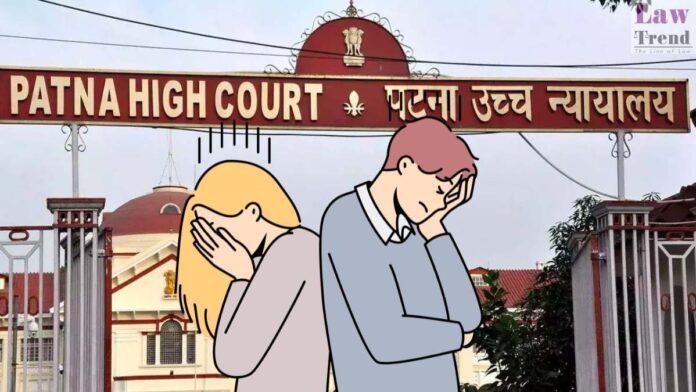The High Court of Judicature at Patna, in a significant matrimonial dispute ruling, has set aside a judgment and decree of judicial separation granted by a Family Court. The division bench, comprising the Chief Justice P. B. Bajanthri and Justice S. B. Pd. Singh, held that the respondent-husband had failed to provide sufficient evidence to
To Read More Please Subscribe to VIP Membership for Unlimited Access to All the Articles, Download Available Copies of Judgments/Order, Acess to Central/State Bare Acts, Advertisement Free Content, Access to More than 4000 Legal Drafts( Readymade Editable Formats of Suits, Petitions, Writs, Legal Notices, Divorce Petitions, 138 Notices, Bail Applications etc.) in Hindi and English.




